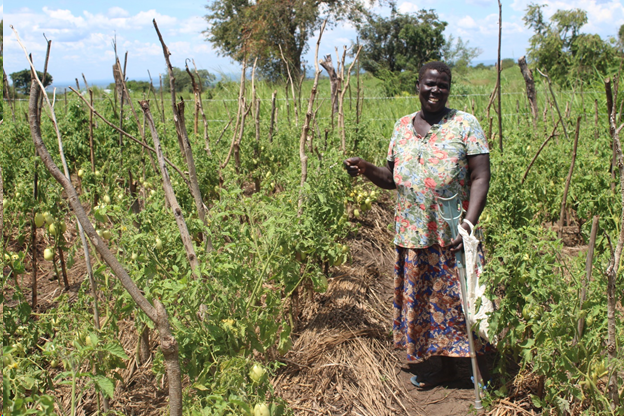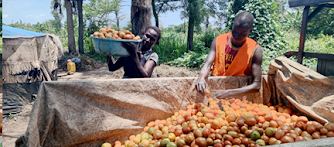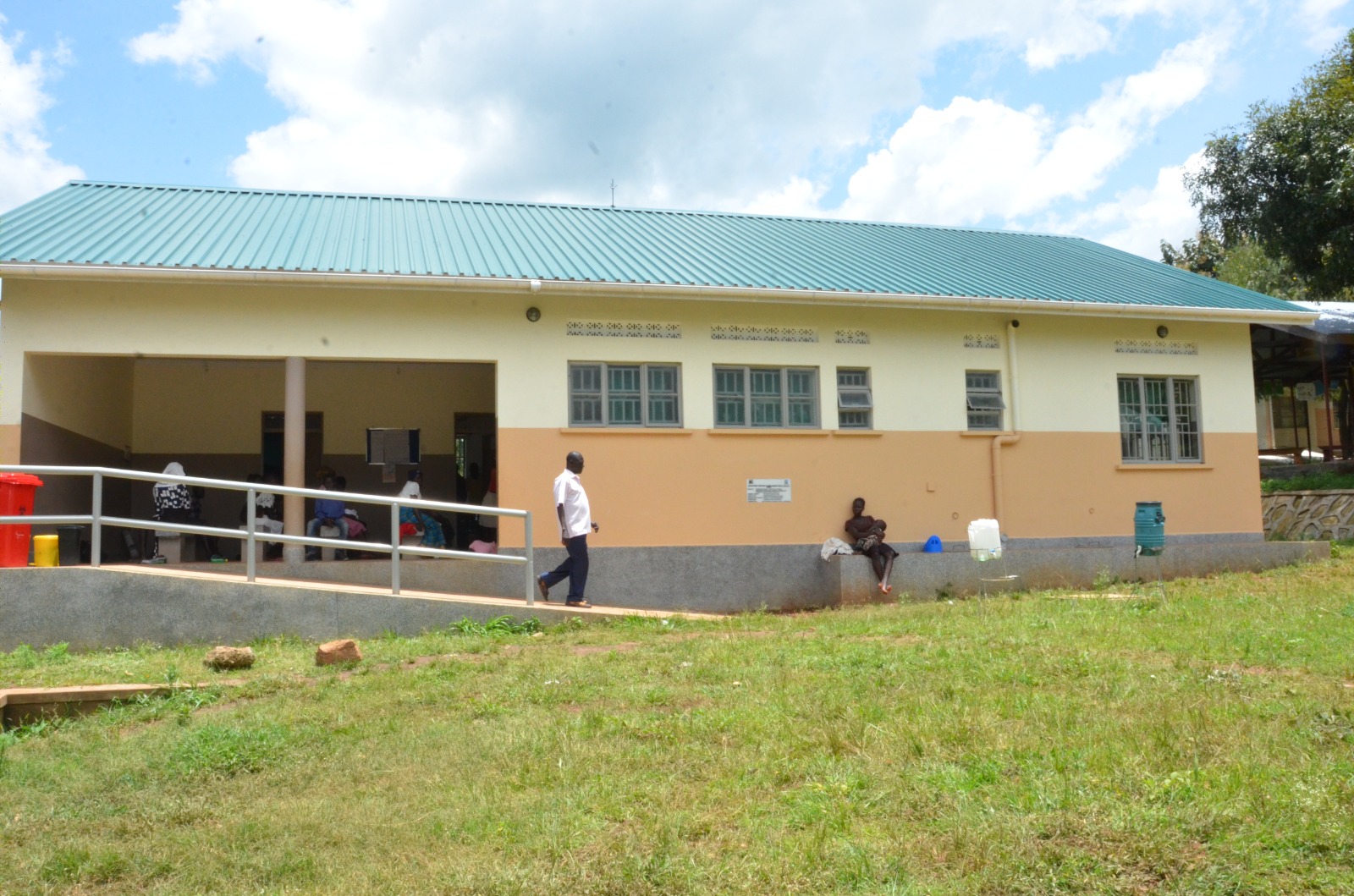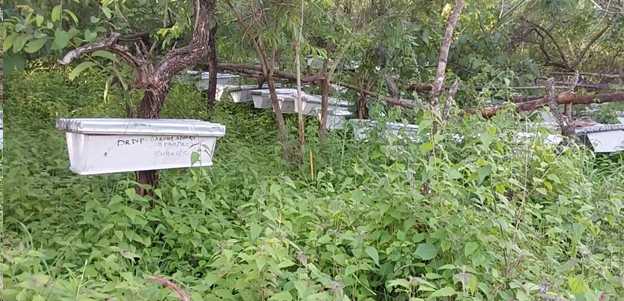DRDIP’s Dormitory at Maaji Seed SS Increases Enrolment and Performance

Development Response to Displacement Impacts Project (DRDIP) is a regional program funded by the World Bank to address the impacts of hosting refugees in; Uganda, Ethiopia, Djibouti and Kenya. Its overall objective is to improve access to basic social services, expand economic opportunities and enhance environmental management for refugee hosting communities. In Uganda, DRDIP is a flagship government of Uganda project being implemented under the Office of the Prime Minister.






